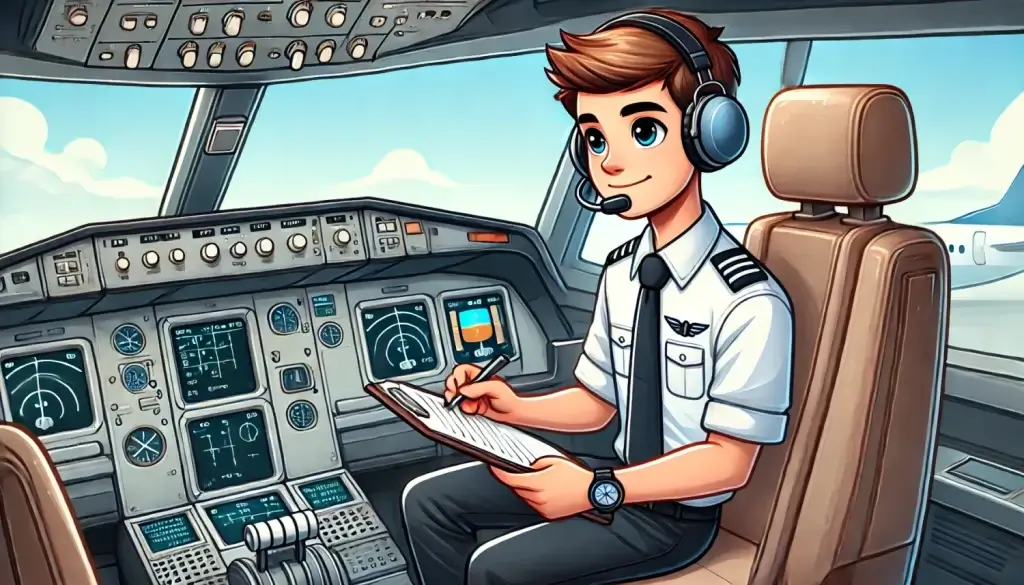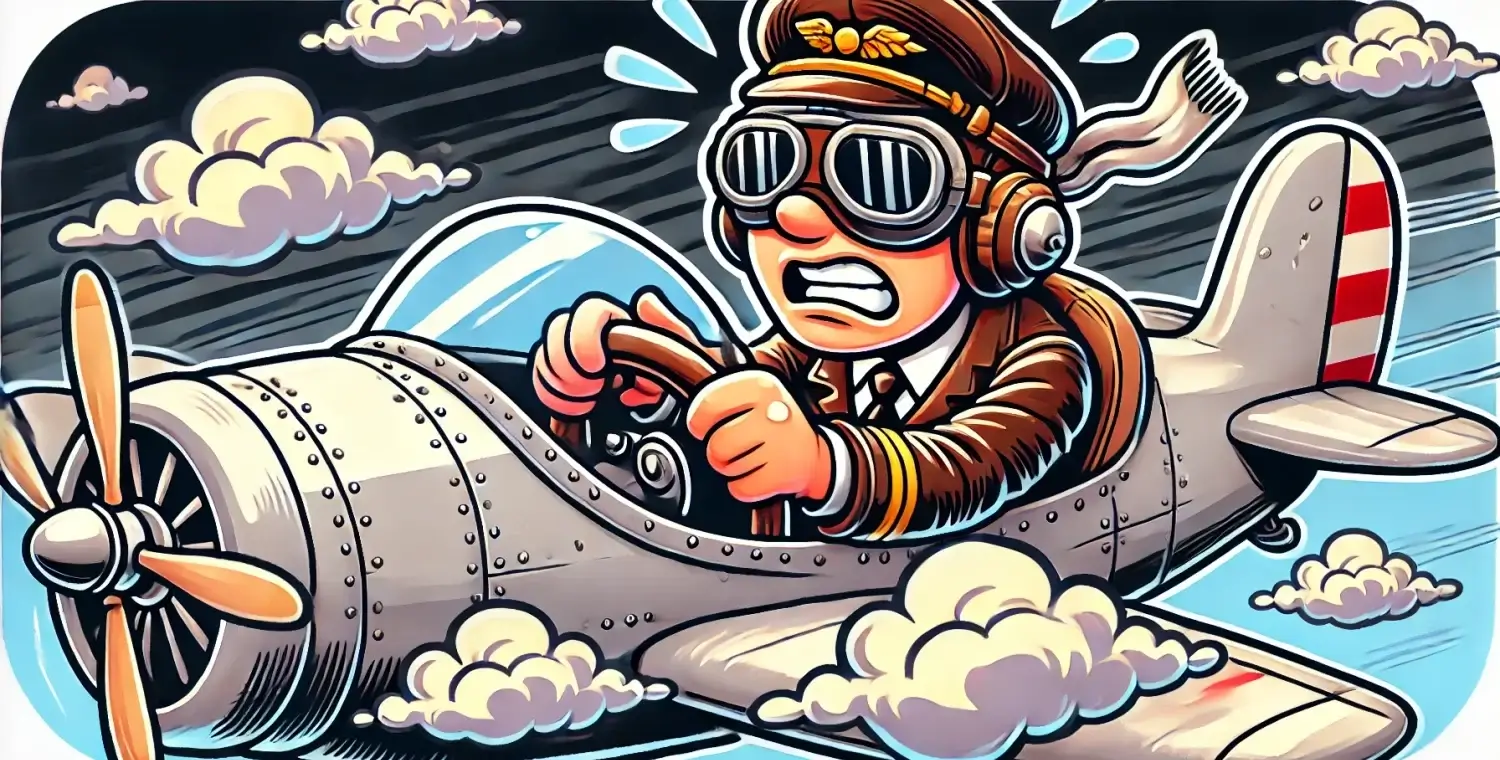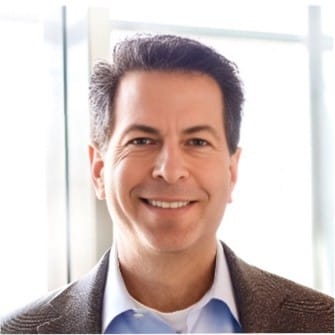If you’ve ever watched a pilot preparing for takeoff, you know the meticulous care that goes into every check. Every gauge, every instrument, every control surface is carefully scrutinized before the plane leaves the ground.
The 7-Second Quandary
Imagine, however, if pilots were given just seven seconds to perform this critical pre-flight check. The thought alone is alarming. Yet, this is precisely what happens in hiring every day: studies show hiring managers typically spend no more than seven seconds reviewing a resume.
In those fleeting moments, snap judgments are made—potentially discarding exceptional talent and unknowingly hiring average performers. Like a pilot relying solely on intuition rather than instruments, hiring managers risk flying blind. This seven-second risk isn’t merely an inconvenience—it directly impacts the performance, innovation capabilities, and ultimately the success of businesses everywhere.
Experience Doesn’t Equal Excellence
Conventional wisdom tells hiring managers to prioritize experience above all else. After all, experience seems like a logical indicator of future success. However, recent research challenges this assumption, demonstrating clearly that experience does not necessarily correlate with high performance or successful outcomes.
Another analogy, possibly a bit closer to home. I had a friend who’d been driving for years. Yet I refused to get in the car with him — in fact, he was a member of the accident a month club (or almost). His car was constantly in the shop or would come home with a new dent. He was quite the experienced driver, just not a good driver.
This misalignment between experience and actual performance is well-documented. Studies by Harvard Business Review and Gallup consistently show that character traits such as adaptability, integrity, creativity, and emotional intelligence predict job success far more accurately than mere years of experience. Yet, these critical traits rarely shine in the seven-second resume review, where hiring decisions are dangerously oversimplified.
The Cost of Flying Blind
What do businesses lose as they continue down this brief seven-second path? First, they sacrifice critical talent—the kind that drives innovation, resilience, and growth. Hidden behind superficial resume scans are individuals who, despite lacking traditional experience, bring fresh perspectives, energy, and creativity necessary for businesses to thrive.
Second, businesses risk costly hiring errors. When experience trumps genuine capability, organizations inadvertently onboard individuals whose skills don’t align with evolving needs. Poor hiring decisions lead directly to turnover, productivity loss, cultural decline, and financial setbacks. No airline could survive long if they continuously hired pilots based solely on the number of hours logged, ignoring abilities like judgment, critical thinking, and adaptability under pressure.

How to Change Course: A Flight Plan for Better Hiring
To avoid this seven-second risk, businesses must adopt smarter and more holistic hiring practices. Like pilots relying on multiple instruments, hiring managers must assess multiple dimensions of candidates beyond mere experience. Here are three strategies for flying higher:
- Expand beyond the resume: Use candidate assessments, structured interviews, and behavioral analysis to gain deeper insights into a candidate’s true capabilities and potential.
- Prioritize culture fit and agility: Evaluate candidates on their adaptability, emotional intelligence, and alignment with company values. Experience can be taught; character often cannot.
- Train hiring managers thoroughly: Equip your team with training in biases, behavioral interviewing, and modern assessment tools to reduce reliance on superficial judgments.
From Grounded to Soaring: Aligning Your Business for Success
In aviation, a pilot’s preparedness and adaptability determine the success of every flight. Similarly, businesses must prepare hiring managers to look beyond seven-second impressions. Organizations that embrace a more thoughtful, nuanced approach to talent assessment position themselves to soar—achieving higher productivity, innovation, and profitability.
Your business can’t afford the seven-second risk. Just as pilots carefully evaluate each pre-flight element to ensure safe and successful journeys, your hiring processes should be equally rigorous and thoughtful. In a competitive marketplace, businesses built to soar actively seek out hidden talent, recognize potential over experience, and invest time and resources in identifying the right people.
Time for Liftoff
As detailed in my book, Built to Soar, sustainable business success relies on alignment, clarity, and intentional decision-making—especially in talent acquisition. Businesses that continue to base hiring decisions on brief, experience-focused glances risk stalling on the runway.
Instead, embrace a new flight plan: seek character over credentials, adaptability over experience, and invest in a hiring process that goes beyond those initial seven seconds. Your business will not only avoid the costly mistakes of superficial hiring—it will soar higher than ever before


